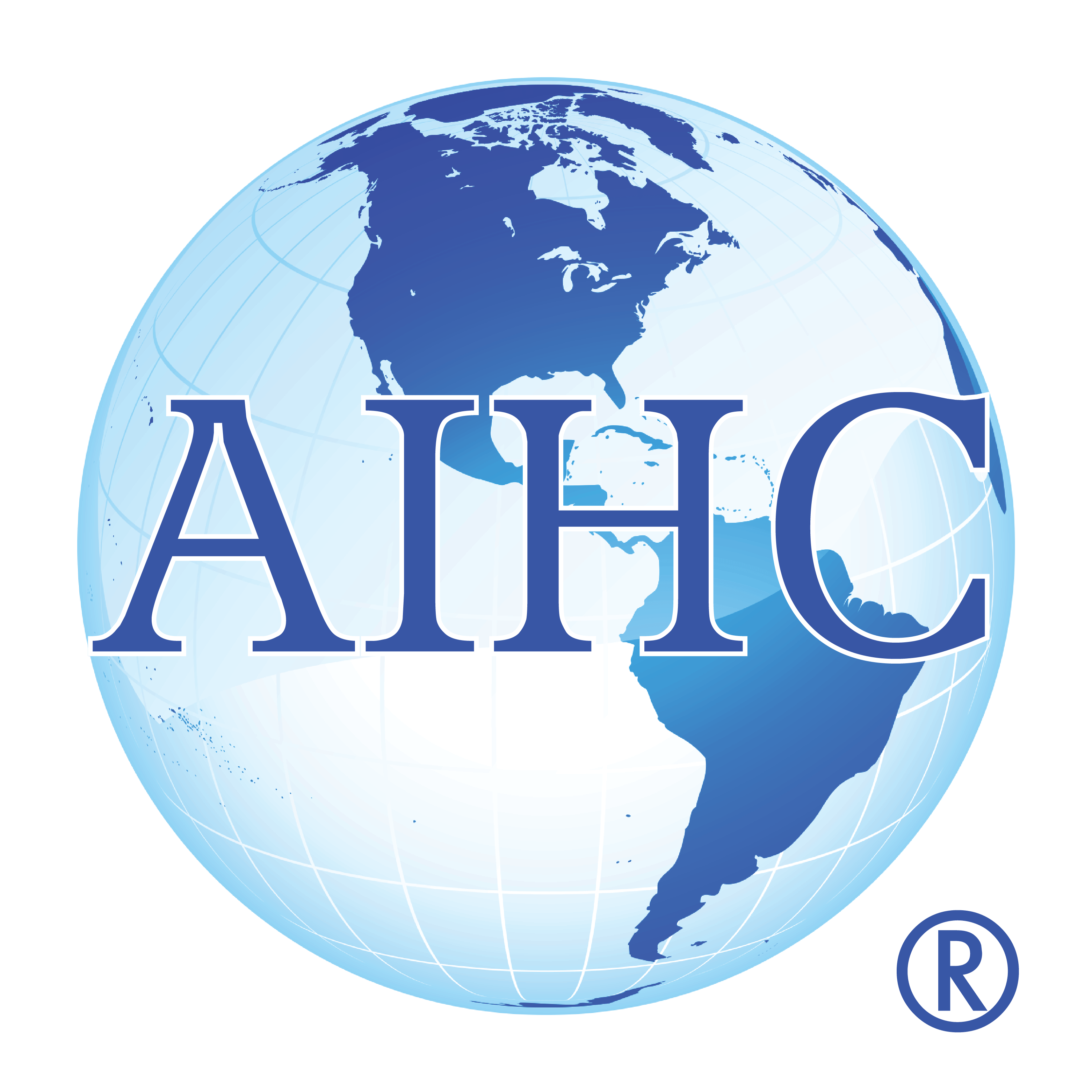Written By: Joanne Byron, BS, LPN, CCA, CHA, CHCO, CHBS, CHCM, CIFHA, CMDP, COCAS, CORCM, OHCC, ICDCT-CM/PCS
Government Announces the No Surprises Act to Protect Patients
"Requirements Related to Surprise Billing; Part I" is an interim final rule related to Title I (the No Surprises Act) targeting health care providers with the purpose of restricting excessive out of pocket costs to consumers from surprise billing and balance billing. Balance billing, when a provider charges a patient the remainder of what their insurance does not pay, is currently prohibited in both Medicare and Medicaid. This rule will extend similar protections to Americans insured through employer-sponsored and commercial health plans.
Most of us love surprises, but not when it comes to devasting surprise medical bills.
Tackling surprise billing has become a government priority, according to the press release made July 1, 2021, from Department of Health and Human Services (DHHS) which states that two-thirds of all bankruptcies filed in the United States are tied to medical expenses. The press release refers to a citation used by DHHS from a report made by CNBC. Researchers estimate that 1 of every 6 emergency room visits and inpatient hospital stays involve care from at least one out-of-network provider, resulting in surprise medical bills.
Surprise billing happens when people get care from providers outside of their health plan's network unknowingly. This can occur in both emergency and non-emergency care situations, but you must agree, we are most vulnerable during circumstances related to emergency medical treatment.
Surprise Billing Curtailed – My Experience in 2021
Case in point: I was diagnosed with a rare condition and referred to a specialist this year. The first available appointment with the specialist was in 3 months. Finally, during my visit with the specialist (who was worth waiting for, by the way), it was determined that part of my plan of care would include a special form of physical therapy. The specialist placed the order in Epic and instructed me to see a very specific physical therapist highly skilled in treating people with my rare diagnosis. The appointment for therapy was made for me as I left the specialist’s office. When I went home, I logged into my AARP Medicare Advantage UHC plan to find that the therapist was not in network with my insurance; none of the therapists in that clinic were. I called my insurance, got a list of in-network providers, searched to find 3 that offer treatment for my condition, checked each therapy clinic with the Better Business Bureau (BBB) and only selected those with an A+ rating. Then, I called each one and had to leave a voicemail. I finally started therapy within a few days for a $35 copay. If I had not performed my own due-diligence, there would have definitely been out-of-network surprise bills!
The frustration of working full time, having to wait for 3 months to see the specialist to get a treatment plan, being referred to an out of network therapist and having to lose more time from work to research and locate an in-network provider just added to my stressful situation.
Not everyone has my background as a nurse, coder, compliance officer, documentation specialist and auditor. I can see how many patients would have ended up with huge medical bills because they trusted the doctor to make in-network referrals. And even with my background and experience, if my situation was related to an emergency, I would not have been able to circumvent the “surprise bill” situation.
Implementation of the Interim Final Rule is January 2022
The regulations are generally applicable to group health plans and health insurance issuers for plan and policy years beginning on or after January 1, 2022. The HHS-only regulations that apply to health care providers, facilities, and providers of air ambulance services are applicable beginning on January 1, 2022. Upon implementation of the Interim Final rule, patients will be removed from the billing negotiation process between the insurer and the provider. Among other provisions, the interim final:
- Requires certain health care providers and facilities to make publicly available, post on a public website, and provide to individuals a one-page notice about:
- The requirements and prohibitions applicable to the provider or facility under Public Health Service Act sections 2799B-1 and 2799B-2 and their implementing regulations.
- Any applicable state balance billing limitations or prohibitions.
- How to contact appropriate state and federal agencies if someone believes the provider or facility has violated the requirements described in the notice.
- Bans surprise billing for emergency services.
- Emergency services, regardless of where they are provided, must be treated on an in-network basis without requirements for prior authorization.
- Bans high out-of-network cost-sharing for emergency and non-emergency services.
- Patient cost-sharing, such as co-insurance or a deductible, cannot be higher than if such services were provided by an in-network doctor, and any coinsurance or deductible must be based on in-network provider rates.
- Bans out-of-network charges for ancillary care (like an anesthesiologist or assistant surgeon) at an in-network facility in all circumstances.
- Bans other out-of-network charges without advance notice.
- Health care providers and facilities must provide patients with a plain-language consumer notice explaining that patient consent is required to receive care on an out-of-network basis before that provider can bill at the higher out-of-network rate.
In order to learn important details about this interim final rule Read the Fact Sheet. Also, obtain online, on-demand formal training and get certified in Revenue Cycle Management, which is recommended for all RCM supervisors, billing company managers/owners and chart auditors. Updates on the implementation of this important No Surprises Act is included in the Revenue Cycle Management course as details develop.
